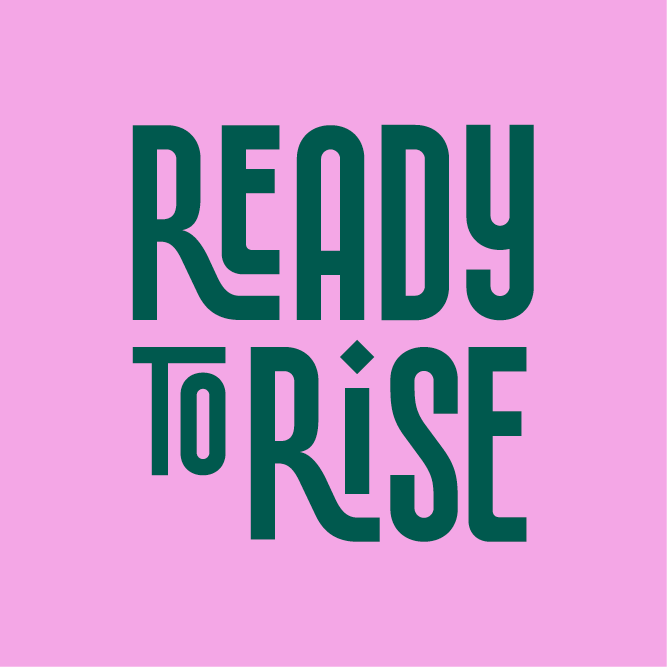Boundaries are not easy… but nothing is sustainable without boundaries.
- Kelsey Pringle
- Jul 22, 2024
- 3 min read
Updated: Jul 26, 2024
This month I have been doing some work around boundaries. I often find it’s a topic that comes up regularly for my clients however is also something I have struggled with personally. Boundaries are something that many people struggle with and find hard to understand and implement for a variety of reasons.
It’s something often previous generations have never heard of, the current generation is grappling with and perhaps for future generations they will be much better at both understanding and implementing this concept.
What I have learnt about boundaries thus far:
A boundary refers to a dividing line or limit.
Boundaries are crucial for defining and maintaining order, identity, and relationships in various contexts, whether physical, emotional, social, or conceptual.
What’s ok and what’s not ok.
Generosity can’t exist without boundaries.
Empathy and compassion are infinite with boundaries
There are different domains of boundaries:
Time: requests for your time ‘ there is often an internal pause or resistance that comes up with this request – that is your boundary. Saying yes to things you really don’t want to do or don’t have capacity to do.
Physical: your physical/personal space ‘someone giving you a hug.’
Emotional and cognitive: someone oversharing information, being the recipient of someone oversharing.
Material: possessions or objects eg someone entering you home with shoes on and staining/marking the floor.
Types of boundaries:
Rigid: Totally inflexible, concrete and can be detrimental to our wellbeing. Often are there to protect us from pain however can appear to others that we are cold/distant.
Porous: too flexible and can create enmeshment.
Healthy: Awareness of what your boundaries are and when and where you use them. You can communicate them and act.
Boundaries are unique to each individual and are based off our own unique stories and experiences.
What are the benefits of healthy boundaries?
Boundaries teach you how to respect yourself
Boundaries determine the behaviour you will tolerate
Boundaries can protect our energy: When you set a boundary, you can show up in the parts of like that you really care about and this can be liberating.
How do you know if you have a problem with boundaries?
You do things that you don’t really want to do often because you don’t want to let people down or because you feel that you have to.
You feel burnt out
You feel resentful
The emotions that are behind boundaries are fear and guilt and these need to be addressed to be able to assert your boundaries. This is often the challenge for those who like to please others.
Here are my top tips to get started with navigating this complex abstract concept called boundaries:
Awareness: When you feel an internal pause/resistance/discomfort – this is your boundary. When you say yes to something you have crossed it.
Pause: Have a statement or some language you are comfortable using. ‘give me a second I’ll get back to you’ ‘I hear you, I need some time to process this conversation and get back to you’ ‘I just need to take a moment to think about it’ ‘I’m not comfortable with this’ ‘I feel/I’m feeling…’
Have some key phrases/language that you are comfortable articulating: This is unique to everyone and when communicating our boundaries it is jarring and can be perceived as cold and aggressive to say ‘this is my boundary and you have crossed it’
You can communicate a boundary simply by saying ‘that’s lame’ or ‘I don’t have capacity for this,’ ‘I’m not comfortable,’ ‘ I need to think about it’ ‘no’.
Consider your values – are you acting in line with them? Is what you are saying yes to in line with your values?
Seek support with navigating fear and guilt that are the emotions typically behind challenges with boundaries.
I think as health care professionals we are innately susceptible to porous boundaries as our vocation or purpose for that matter is to health others often at the detriment of ourselves.
What this learning has helped me realise is that nothing is sustainable without boundaries.



Comments